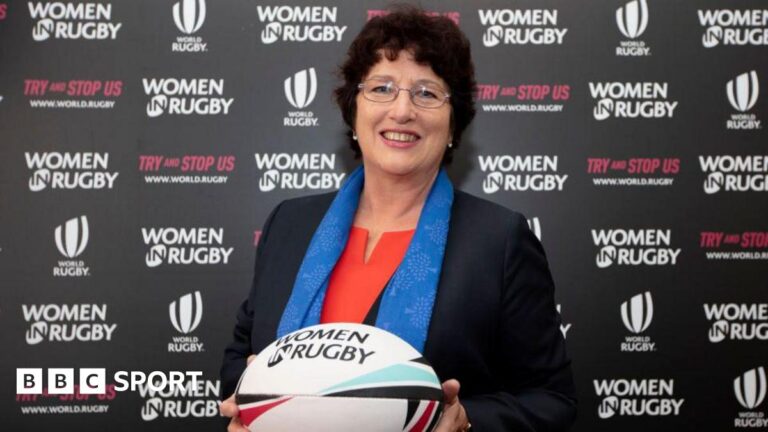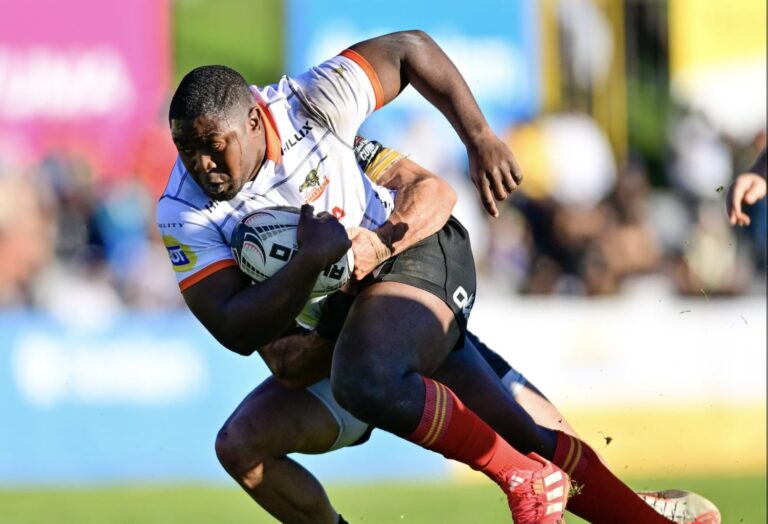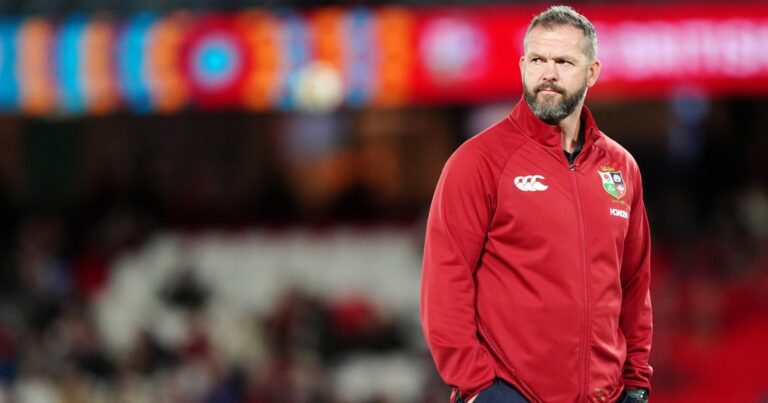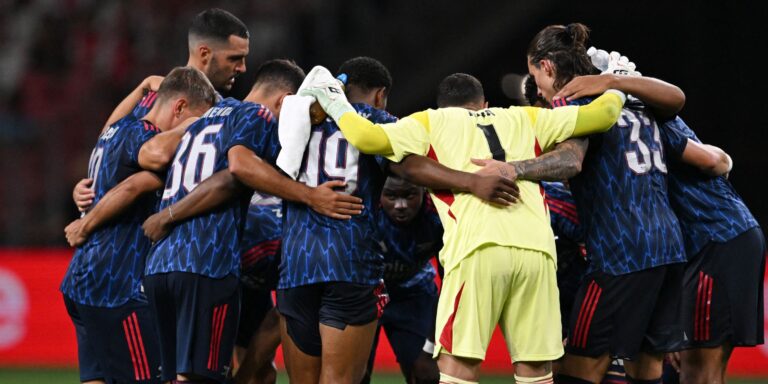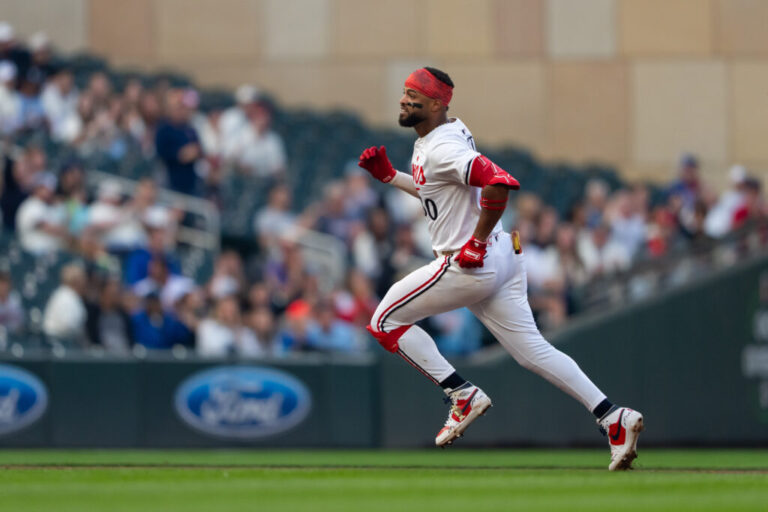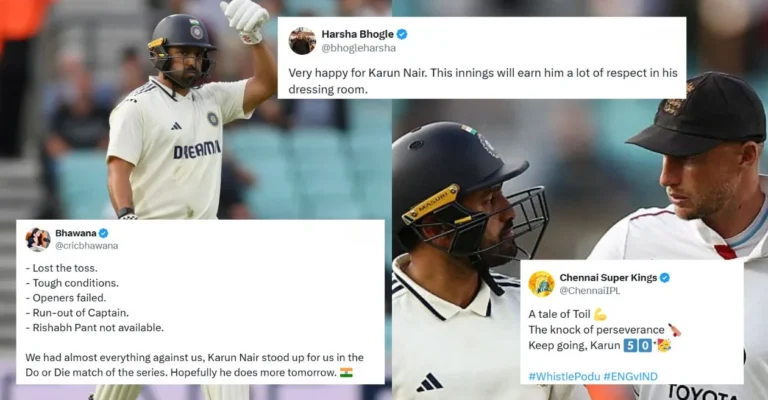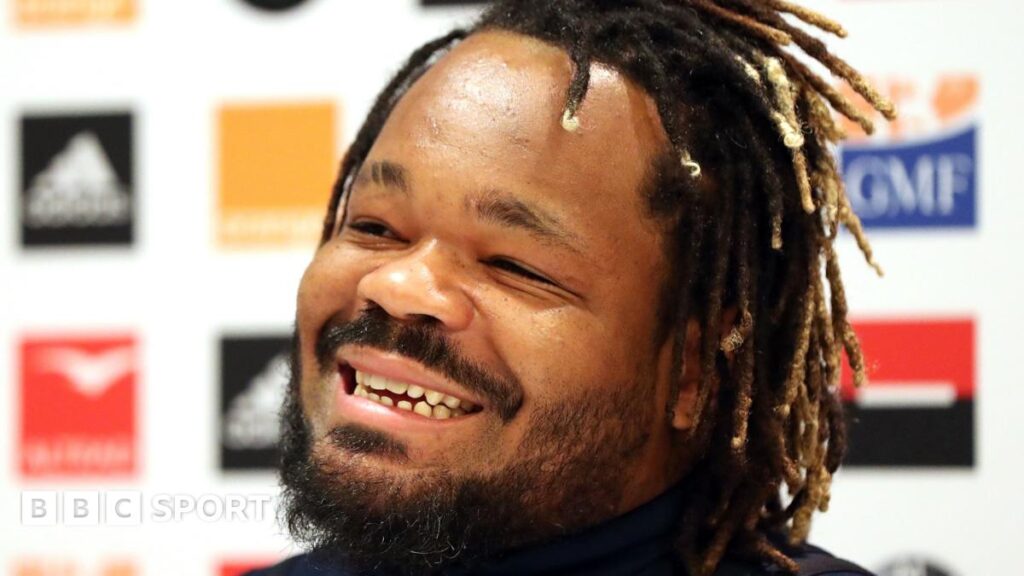
Massy isn’t Paris.
Not for the tourists, who stay central in search of golden-hour boulevards, bakeries and Breton stripes.
Not for the locals either, who distance themselves from the city’s pretensions by describing themselves as Massicois, rather than Parisians.
But, in reality, they are too close to be anything but.
A 40-minute train ride from the sights, Massy is one of the banlieues that ring the French capital.
A satellite limbo town, it is part of Paris’ sprawl, but left out of the sell made around the world.
What is for certain in these suburbs, though, is football’s dominance.
As you walk up from the station, through Massy’s gauntlet of squat apartment blocks, you pass youngsters wearing kits from around the world – Arsenal, Juventus and Real Madrid. The letters P, S and G are spray-painted on to spare surfaces.
It is not surprising. Paris is perhaps the most productive city in the world in forming football talent.
But Paris is not entirely pre-occupied by football.
One rugby club in particular still holds out.
Massy, formed in 1971, are in the third tier, attracting crowds of around 2,500 to a compact stadium. Their impact, though, is oversized.
In the clubhouse, small, framed photos line the walls. The subject of each wears a blue France shirt. Bastareaud stares down from one.
Cameron Woki – a star of the 2022 Grand Slam team – is two spots along. Sekou Macalou, part of the squad at the 2023 Rugby World Cup, is there. Yacouba Camara, who played at Japan 2019, is too. Jordan Joseph, named as the best young player in the world in 2018 and now a fully-fledged international, is another.
It is an extraordinary wellspring of talent. Not least for its location.
In the 1970s, the French national team was made up almost entirely of players south of the Loire River, drawing on the sport’s small-town heartlands.
By the 1990s, that watershed was less distinct.
Jimmy Marlu, a product of Massy, was one of the first Parisians to break into the France team. Serge Betsen, also born and brought up in the capital, was of the same era., external
Since the turn of the century, though, the trickle has grown to a torrent, with around 50 Parisian players, the vast majority with family backgrounds outside mainland France, having represented France’s men’s team.
France have not picked a team without a player trained at Massy for the past five years.
More than 200 players have come from the club to represent their country at age-grade, sevens and senior level, both men’s and women’s.
Leo Barre is one of the latest.
The 22-year-old full-back, who scored a try in last year’s 33-31 win over England, comes from the wealthy Versailles area, but would make the 30-minute trip to Massy as a 12-year-old, drawn by its successful youth scheme and values.
“It was incredible to arrive at the club like this and see the number of international players that have come through it,” he says. “But also to see the atmosphere in the dressing room. There was no difference – whatever colour, origin, or social class, we were all the same.
“We were all playing for the same shirt, for Massy.”
